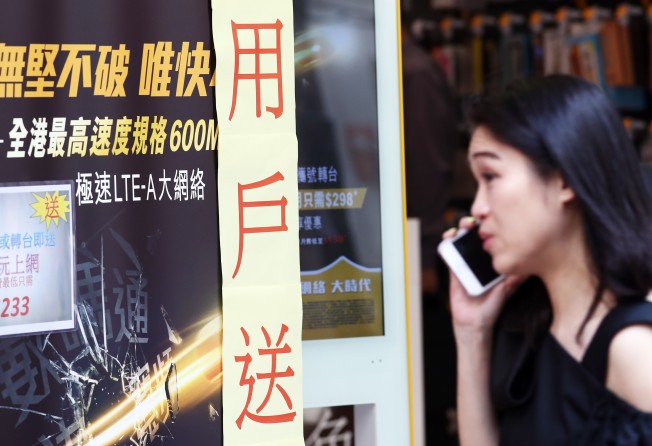China takes gold in race to develop billion dollar start-up ‘unicorns’
China’s start-ups can catapult to billion dollar valuations in far less time than their US counterparts, new research shows

China’s vast population of internet users have helped to foster a unique environment where start-ups can enjoy huge success in an unusually short period of time, according to new research.
Unicorns, or companies that have a market value of US$1 billion or more, are being nurtured in China at a rate that eclipses their US counterparts, according to a joint report by Boston Consulting Group, Alibaba Group, Baidu and Didi Chuxing.
The report, released Wednesday in Beijing, examined the development cycles of 175 unicorns from the US and China during the past decade.
The average unicorn in China took four years to develop from scratch, whereas the average unicorn cycle in the US was seven years, according to Boston Consulting.
In many cases unicorns in China were thrust into the big leagues at an ultra-short span of time, with 46 per cent reaching the US$1 billion valuation in as little as two years from launch.
In the US, only 9 per cent of unicorns were fashioned in the same time frame.
The contrast can be partly explained by differences in the internet user base of the two countries, according to Li Shu, BCG’s partner and managing director.
“Chinese internet users are more receptive to new applications, but they also cast away applications in a quicker way,” said Li.
Moreover, China’s 710 million internet users, roughly equal to the combined internet population in the US and India, provides a deep pool of consumers that can help elevate winning concepts.
The average age of web users in China is 28, or about 14 years younger than the US average, according to Boston Consulting.
It took Amazon 14 years to acquire more than 50 per cent market share in its home market, while Taobao achieved the feat in nine years. Meanwhile, Chinese internet giants such as Alipay, WeChat, Didi and iQiyi rose to dominance in their fields in just three to six years.
Users in first tier cities download an average of 46 apps per year, and those from remote parts of the country could download as many as 38. In the US users download 33 apps per year on average, Boston Consultancy said.
In China, however, only 15 per cent of the apps would be used more than 10 times, while 43 per cent would be tossed aside after a single use, the Boston Consultancy said.
“Chinese users are fickle,” said Li.
Last year, the internet contributed 6.9 per cent of China’s GDP, leaving the country second only to South Korea’s 8 per cent. In the US, the internet contributed 5.4 per cent to GDP.
“It’s not a surprise that the world would want to know more about the crocodiles at the Yangtze River,” Francois Candelon, Bostong Consultancy’s senior partner and managing director, quoting a phrase first used to describe Alibaba in the 2000s.
As for outbound strategies, Candelon said he expected Chinese companies to do a better job.
“Chinese tech companies would fight over global market with US peers and local organisations,” Candelon said, “At the moment, US companies localise data, but that is not customised in a real sense… We can see Chinese companies are trained to do something different through alliance and local partnership.”
Alibaba is the owner of South China Morning Post.